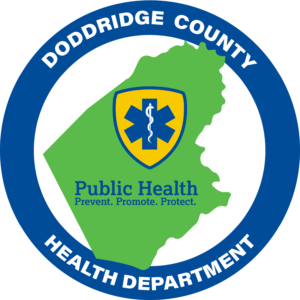“It’s Not Too Late to Vaccinate”
The Centers for Disease Control and Prevention (CDC) established National Influenza Vaccination Week (NIVW) in 2005 to highlight the importance of continuing flu vaccination through the holiday season and beyond. Previous flu vaccination coverage data have shown that few people get vaccinated against influenza after the end of November. The CDC and its partners choose December for NIVW to remind people that even though the holiday season has begun, it is not too late to get a flu vaccine. Here’s why:
*As long as flu viruses are spreading and causing illness, vaccination should continue throughout flu season in order to protect as many people as possible against flu.
*Vaccination efforts should continue through the holiday season and beyond. It’s not too late to vaccinate.
*While vaccination is recommended before the end of October, getting vaccinated later can still be beneficial during most seasons for people who have put it off.
*Even if you have already gotten sick with the flu, you can still benefit from vaccination since many different flu viruses spread during flu season and most flu vaccine protects against four different flu viruses.
Doddridge County Health Department has flu vaccine for ages 6 months and up. Appointments can be made by calling 304-873-1531.
The Burden of Flu
Flu isn’t just a “bad cold.” It can result in serious health complications, such as pneumonia, bacterial infections, and can lead to hospitalization. Flu can sometimes even lead to death.
-Most people who get the flu will recover in a few days to less than two weeks, but some people will develop serious flu complications.
-All people are at risk of developing serious flu complications and certain groups are at higher risk. For people at higher risk, flu is more likely to lead to serious flu complications that can result in hospitalization or even death.
-People at risk of serious flu complications include young children, pregnant women, people with certain chronic health conditions like asthma, diabetes, heart disease or lung disease, and people 65 years and older.
-Anyone who gets the flu can pass it to someone at high risk of severe illness, including children younger than 6 months who are too young to get a flu vaccine.
Getting your flu vaccine becomes extra important before families gather for the holiday events.













